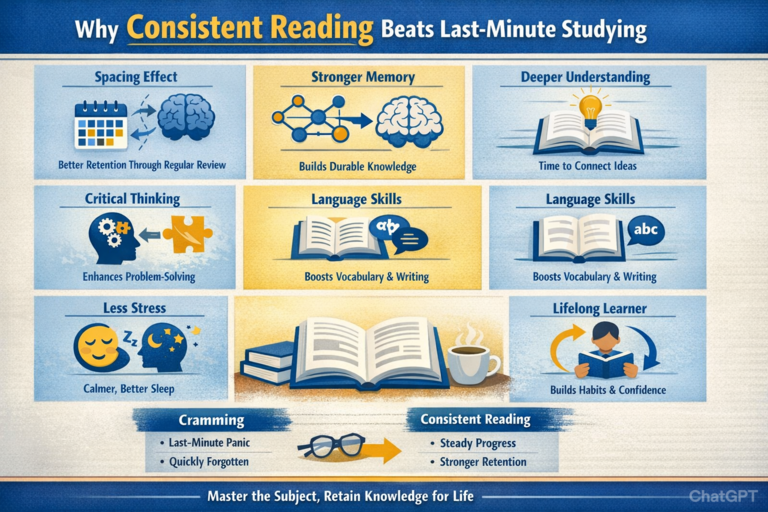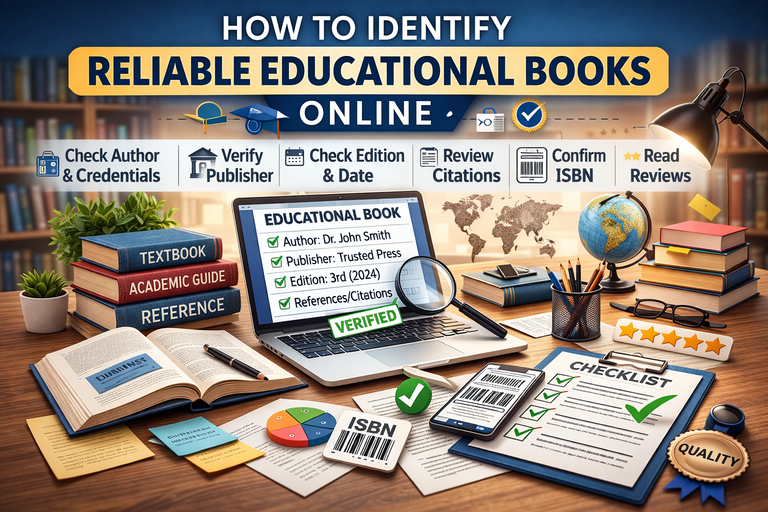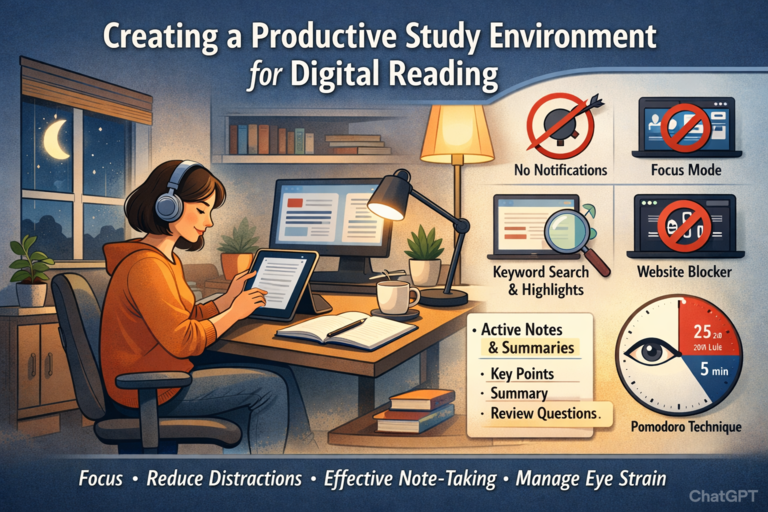MANUSCRIPT EDITING: BOOSTING YOUR WRITING FOR ACHIEVEMENT
Aspiring writers should take a long,
well-deserved rest after finishing a draft. However, your task is far from
finished! Since nobody's first draft is ever their finest, you must improve the
calibre and impact of your work. Editing the manuscript is now necessary!
The secret to turning your writing into a
polished and interesting piece of writing may be manuscript editing. This
article will discuss manuscript editing, its significance, and the advantages
it provides for writers. We will also go over the expected costs for manuscript
editing and offer helpful self-editing advice.
What
is revising a manuscript?
The practice of examining written material to
enhance its readability, correctness, and clarity is known as manuscript
editing. It takes place in multiple steps, starting with substantial content
checks and ending with grammatical and spelling corrections. An experienced
editor is essential to improving your manuscript's overall quality and getting
it ready for publication.
A manuscript must go through several phases of
editing because it is a time-consuming and lengthy procedure. We can provide
you with a general overview of the stages needed, but different editors and
editing companies handle these in different ways.
What
is the role of a manuscript editor?
An editor of manuscripts assumes multiple
duties in order to improve the calibre of a piece of writing. These duties fall
into three general categories: copyediting, proofreading, and substantive
editing.
1.
Editing that is substantive
Often referred to as developmental editing,
substantive editing concentrates on assessing the structure and content of your
manuscript. This kind of editing is more involved and entails rearranging whole
parts to improve impact and flow.
A substantive editor evaluates your
manuscript's overall idea coherence. They also offer clarification and logical
enhancements to guarantee that the article serves its intended function.
2.
Editing
The final stage of manuscript editing is
proofreading, which entails carefully going over the content to check for
mistakes and consistency. An editor of manuscripts concentrates on fixing
typos, proofreading punctuation and capitalization, and guaranteeing that
language is used consistently throughout the work.
Proofreading makes ensuring the manuscript is
error-free by attending to these basic components. Although it can seem like a
small check, it's a crucial step in ensuring the quality of your text.
3.
Altering copies
Your manuscript's overall cohesion and clarity
are enhanced by copy editing. Sentence structure must be improved, awkward or
superfluous phrases must be removed, and factual accuracy and logical coherence
must be verified.
A copy editor preserves your voice while
assessing the manuscript's language and style. They conclude that your work is
interesting, concise, and well-suited to the target audience.
Should
you hire a professional editor to edit your manuscript?
If you're merely sending your book to an agency,
you might think that you don't need to edit it, but that's not the case. Before
your work sits on an agent's desk, you have to make sure it is as polished and
cohesive as possible. Your manuscript needs to be unique because publishing
agencies receive thousands of them!
For writers looking to polish their writing and
increase its impact, there are many advantages to hiring a professional
manuscript editor. Let's investigate a few of them.
Highly
readable
A manuscript's readability is greatly improved by
editing it. Editors work to improve the language and style in addition to
fixing grammatical and spelling mistakes. They cut out superfluous jargon and
difficult vocabulary so that your document may be understood by a wider
audience. By enhancing readability, manuscript editing increases the chances of
capturing and retaining your readers’ attention.
Increased
trustworthiness
A polished manuscript radiates professionalism
and credibility. Manuscript editors carefully remove mistakes, grammatical
faults, and inaccuracies, making your writing stronger. You may acquire the
reader's (or publisher's) trust and position yourself as an authority in your
fields by submitting a polished and error-free work.
More
opportunities for publication
Manuscripts that don't adhere to the rigorous
publication requirements and rules risk having their submissions rejected. By
assisting writers in adhering to these standards, professional manuscript
editing raises the likelihood that their work will be accepted by publishers or
journals.
In the cutthroat publishing world, an edited
manuscript is highly regarded as evidence of a dedication to excellence.
Investing in manuscript editing can improve the work's overall quality and lead
to more prospects for publication.
Tips
for budget-conscious authors on manuscript editing
Your manuscript is a lengthy piece that needs
improvement in a few different places. So, while editing it yourself, you must
be methodical. Go through the document one problem at a time, scanning it for
solutions.
Use
these pointers to revise your manuscript:
1.
Take a rest
It's important to take a break after finishing
the first draft of writing before starting the editing process. You'll be able
to view your work from a different angle if you give yourself sometime between
writing and editing. This distance can help you approach your work more
critically and spot areas that could want better.
2.
Pay attention to organisation and structure
Observe the organisation and structure closely of
your manuscript. Check whether your sections and chapters are arranged in the
best manner possible. Ensure a logical flow of thought and insert headings and
subheadings where necessary. Your manuscript should offer a smoother reading
experience and enhance comprehension for your readers.
3.
Be mindful of the terminology and style.
Making sure you're speaking to your reader in
the appropriate language is the final stage. Eliminate superfluous technical
terms that your audience is unlikely to comprehend. Keep your writing tone constant
throughout your manuscript to make it logical and interesting to read. Finally,
proofread your work carefully for spelling, grammar, and punctuation mistakes.
The secret to success is quality control!
Rates
for manuscript editing
Manuscript editing fees can range from $25 to
$100 per hour, while the cost per word can be between $0.01 and $0.30. The real
cost of editing will undoubtedly differ from these prices, which are an
industry average.
Your manuscript's length, level of complexity,
and density of errors will all affect how much editing it will cost. If you want
a thorough edit for your manuscript, your overall cost may exceed $3,000.
|
Manuscript editing step |
Manuscript editing rates |
Manuscript editing cost (70,000
words) |
|
Developmental editing |
$800 + 0.012 per word |
$1,640 |
|
Copy editing + line editing +
proofreading |
$0.022 per word |
$1,540 |
|
Proofreading |
$0.017 per word |
$1,190 |
If you
want to lower these costs, you can look for packages and offers provided
by manuscript editing services. You can also do a few rounds of
self-editing to reduce the number of errors in your manuscript.







